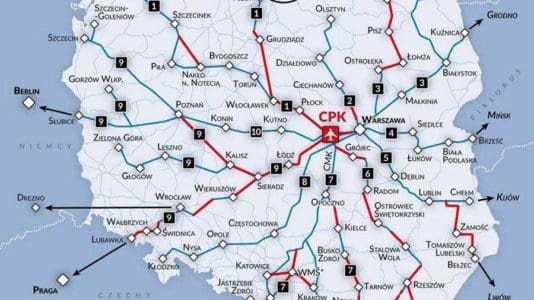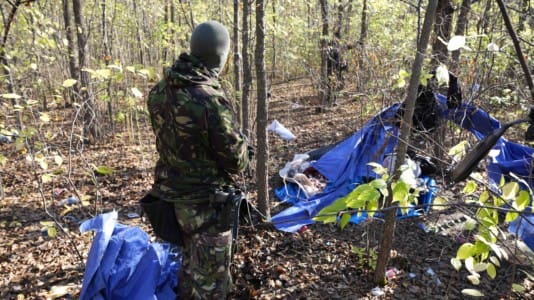Former Russian President and Prime Minister Dmitry Medvedev has issued a stark warning that Poland’s rearmament efforts could lead to a confrontation with Russia and Belarus, potentially sparking a Third World War.
In a recent anti-Polish article for Russia’s state-funded newspaper, Rossiyskaya Gazeta, Medvedev wrote that the military build-up in Poland and its military presence in Ukraine could provoke direct conflict between Warsaw and the governments in Moscow and Minsk.
The former Russian leader threatened that such a scenario would elicit an “adequate response” from Moscow and Minsk to prevent threats that arise from the “misguided ambitions of the Polish establishment.”
Medvedev, a longstanding critic of Poland and often regarded as a prominent mouthpiece for Russian propaganda, argued that Polish rearmament was reckless and, if hastily supported by NATO allies, could have far-reaching and dangerous consequences for the entire world, adding that Poland could play the role of the “hyena of Europe,” instigating a third global conflict.
He suggested that the leading EU states regard Polish authorities as malignant lackeys who selfishly exploit their institutions for their own narrow purposes without contributing to Europe’s commonwealth. He wrote that the Russian government’s “special military operation” in Ukraine had strengthened the perception of Poland as “a fierce defender of a dying Ukraine” and the main ally of the United States in the region.
The Russian warned that this could eventually lead to the destabilization of the European Union’s structure, potentially causing a full-scale conflict within the “friendly” European family or even the collapse of the European Union due to Poland’s actions. These comments were relayed by the Russian news agency TASS.
According to Medvedev, Poland remains a “historical loser” and a “backyard country” that seriously lags in development compared to the leading countries of Western Europe. He added that the significant influx of Ukrainian refugees and the reckless rejection of Russian energy resources will continue to exacerbate the socio-economic situation in Poland, impacting the pockets of millions of ordinary Polish citizens.
Stanisław Żaryn, the Polish government’s spokesperson for information security, said this is yet another instance of “inciting hatred toward Poland,” a tactic for which many Russian politicians are known.
Żaryn observed that Medvedev’s article “repeats the main falsehoods spread against Poland while proving that Russian power elites take the potential of the Republic of Poland very seriously and see that our actions in recent years have significantly limited Russia’s influence in Europe.”
The Polish government spokesperson highlighted the aggressive nature of the text. He noted its publication at a time when Russia is proposing to Germany the resumption of energy cooperation and the launch of the Nord Stream 2 gas pipeline while also presenting itself to the world as a country ready for “peace negotiations” and a ceasefire in the war against Ukraine.






